On a humid Wednesday night in Kingston, Jamaica, a nation of just 165,000 people changed football history. Curaçao, the tiny Caribbean island that’s never even reached a World Cup before, beat Jamaica 1-0 in the final Concacaf qualifier to secure its first-ever ticket to the 2026 FIFA World Cup. The goal came in the 50th minute — quiet, clinical, and utterly devastating for the hosts. The crowd, once roaring for Jamaica, fell silent as Hansen slipped past defenders and buried it low into the far corner. No fireworks. No celebration. Just pure, stunned disbelief — and then, a wave of blue that swept across the pitch.
A Nation That Wasn’t Supposed to Be Here
Curaçao didn’t even exist as a FIFA member until 2011. Before that, it was part of the Netherlands Antilles, a federation dissolved in 2010. For 15 years, the island’s footballers fought in the shadows — overlooked, underfunded, and often written off. Their home stadium in Willemstad holds 5,000 people. Their national team has never had a full-time coach. And yet, here they were, in the final qualifier for the World Cup, facing Jamaica — a team with a population six times larger, a professional league, and a history of World Cup appearances. The stakes? One spot. One chance. Jamaica, the host nation, had the crowd, the momentum, and the pressure of a nation dreaming of its third World Cup. Curaçao? They had nothing but grit. And a goalkeeping hero in Abyspo, whose 64th-minute header cleared a Jamaica crossbar-bound shot with the kind of instinct you can’t coach.The Match That Broke Jamaica’s Heart
The first half was a chess match. Jamaica pressed hard. Andre Blake, the 34-year-old Jamaica goalkeeper born in Pennsylvania, made two routine saves early — one off Makuna, another off Nicholson — but the ball kept bobbling, the crowd kept holding its breath. At the 45th minute, the whistle blew: 0-0. Kingston was still waiting. The second half exploded with tension. Nicholson, Jamaica’s most dangerous forward, came alive. He twisted, turned, and in the 52nd minute, unleashed a shot that cracked off the crossbar — the third time the bar had been tested that night. The stadium erupted. For a heartbeat, it felt like destiny. Then, 30 seconds later, Curaçao broke. Hansen, a 28-year-old winger who plays in the Dutch third division, received the ball just outside the box. He didn’t look up. Didn’t hesitate. Just a quick touch inside, a step to the right, and a low, curling finish past Blake’s dive. The commentary crackled: “Chance buried.” Jamaica poured forward. A corner. A header. A deflection. But Abyspo, the 24-year-old center-back who’d never played above the Dutch amateur league, rose like a man possessed. He met the ball with his forehead, cleared it, and collapsed to his knees. The final whistle blew. 1-0. Curaçao had done the impossible.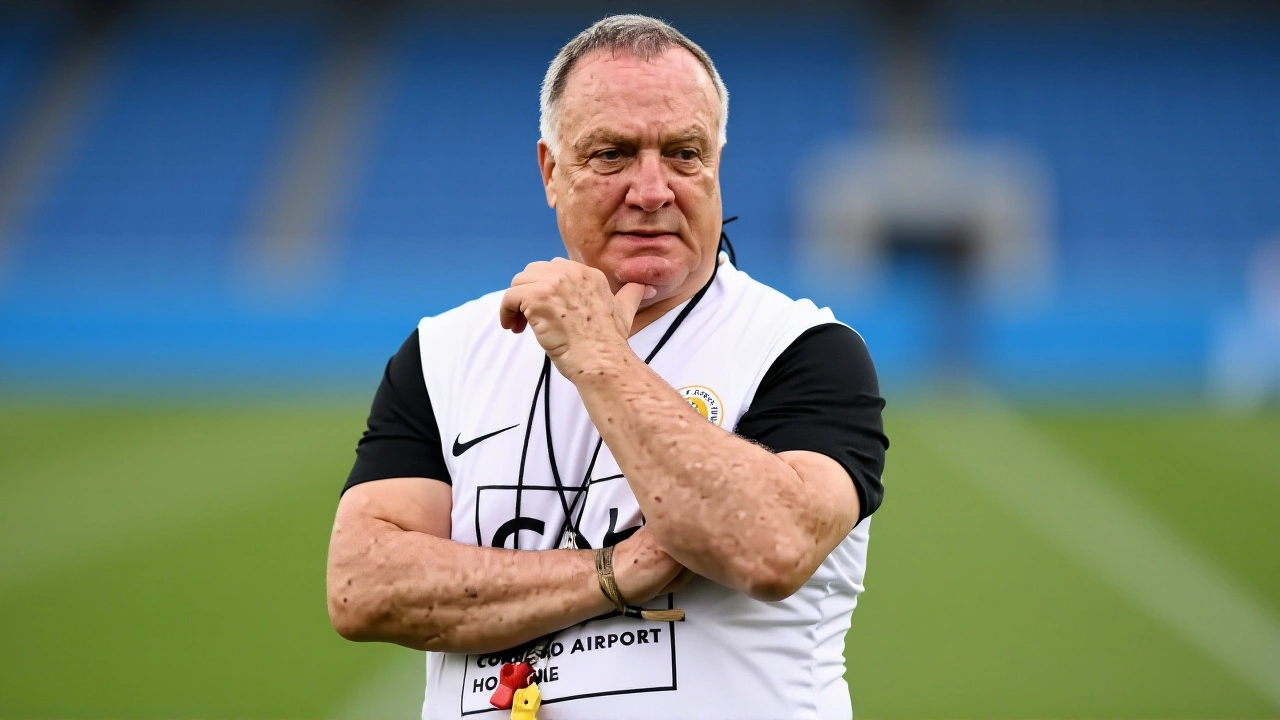
What This Means for the Caribbean
This isn’t just about Curaçao. It’s about every small island that’s been told they don’t belong on the world stage. The Caribbean has produced world-class talent — from Haaland’s father to the legendary George Weah — but rarely has a team from this region, with such a tiny population, punched its way into the World Cup. Curaçao’s achievement mirrors Iceland’s 2016 Euro run — a nation of 330,000 making history. But Curaçao’s population is even smaller. And unlike Iceland, they don’t have a national league with professional clubs. Their best players are scattered across Europe’s lower divisions, playing for clubs that barely pay rent. They train in two-week camps. They fly economy. They sleep in dorms. Now? They’re going to the World Cup.What’s Next for the Blue Wave
The draw for the 2026 World Cup happens on December 2, 2025Zurich. Curaçao will be placed in one of 12 groups. They’ll face teams like the United States, Mexico, or Canada — giants on paper. But don’t count them out. FIFA requires all qualifiers to play at least three friendlies before the tournament. Curaçao’s schedule is already set: March 2026, they’ll face fellow qualifiers Senegal and Panama in Europe — a brutal test. Training camps begin January 15, 2026, in the Netherlands, where many of their players are based. Their head coach, Sergio van Dijk — a former Australian international of Dutch descent — will lead them. The real question isn’t whether they’ll compete. It’s whether they’ll inspire.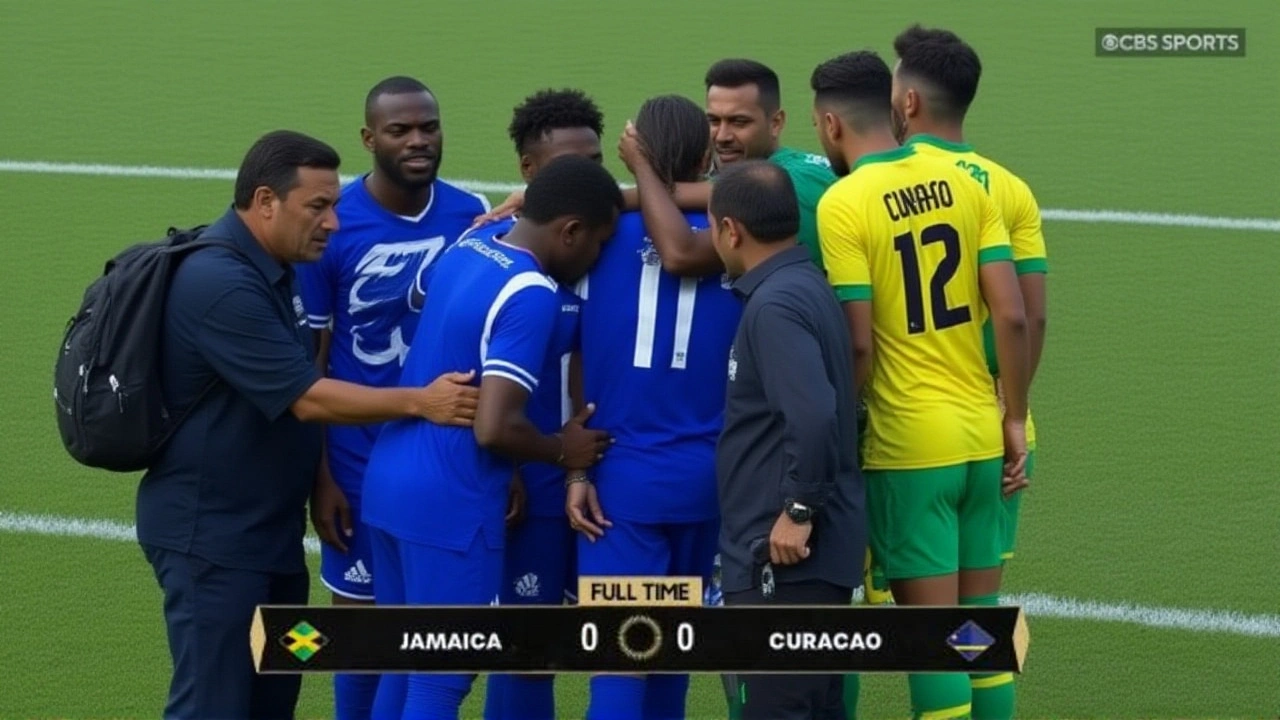
A Legacy Written in Blue
Curaçao’s journey to Qatar 2022 ended in heartbreak. They lost to the U.S. in the final qualifier. Four years later, they didn’t just make it — they beat the host nation on their own soil, with everything on the line. No stars. No budget. No media circus. Just a team that believed. When the final whistle blew, players fell to their knees. Some cried. Others hugged strangers in the stands — fans who’d traveled from Amsterdam, Aruba, even Miami, just to witness this. One man, holding a faded Netherlands Antilles flag, whispered, “My father never saw this. But I did.” This isn’t just a win. It’s a reckoning. A reminder that football doesn’t belong to the rich, the loud, or the powerful. Sometimes, it belongs to the quiet ones who never stopped showing up.Frequently Asked Questions
How did Curaçao qualify for the World Cup with such a small population?
Curaçao qualified by finishing second in the final Concacaf qualifying round, behind only Canada. Their success came from a tight-knit squad of players based in Europe’s lower leagues, who trained together only in short camps. Unlike larger nations, they didn’t rely on star power — they relied on discipline, defensive organization, and a never-say-die attitude. Their win over Jamaica was their seventh clean sheet in 10 qualifiers.
Who is Hansen, and why isn’t he better known?
Hansen, 28, plays for FC Eindhoven in the Dutch second division — a league with minimal media coverage. He’s scored just 11 goals in 67 league appearances. But for Curaçao, he’s a talisman. He’s played 27 international matches, scoring five goals. His World Cup winner was his first in a competitive qualifier. Most European clubs overlooked him because he’s not a physical powerhouse — but his intelligence and positioning make him deadly in transition.
What role did Andre Blake play in Jamaica’s loss?
Andre Blake, Jamaica’s captain and veteran goalkeeper, made five saves in the match — including two crucial stops on Curaçao’s early chances. But he was powerless against Hansen’s finish, which came from an angle he couldn’t reach. Blake also failed to claim a late corner, allowing Abyspo to clear. At 34, he’s one of Jamaica’s most experienced players, but even legends can’t carry a team when the defense breaks down.
Why is this considered bigger than Jamaica’s 2015 Gold Cup win?
Jamaica’s 2015 Gold Cup win was a regional triumph — impressive, but not global. The World Cup is the only tournament where every nation, no matter how small, gets a seat. Curaçao’s qualification means their players will compete against Brazil, Germany, and Argentina on the biggest stage. It’s not just prestige — it’s exposure, funding, and a legacy that will inspire Caribbean youth for decades.
What’s the financial impact of this qualification for Curaçao?
FIFA guarantees $1.5 million to every qualifying team for preparation costs. Curaçao’s football federation, previously funded by Dutch subsidies, will now receive an additional $2.3 million in World Cup participation bonuses. Local businesses have already pledged $800,000 in sponsorships. For a nation with a GDP of just $2.1 billion, this is transformative — potentially funding youth academies, stadium upgrades, and coaching programs for the first time.
Will Curaçao be able to compete against top teams like the USA or Mexico?
They won’t be favorites. But they don’t need to be. In 2018, Iceland — population 340,000 — held Argentina to a 1-1 draw. Curaçao’s style is similar: compact defense, quick transitions, and set-piece threat. Their coach has already studied Mexico’s weaknesses from their 2024 Nations League matches. If they get a draw in their opener, they’ll be in the conversation. Football’s magic isn’t in size — it’s in belief.

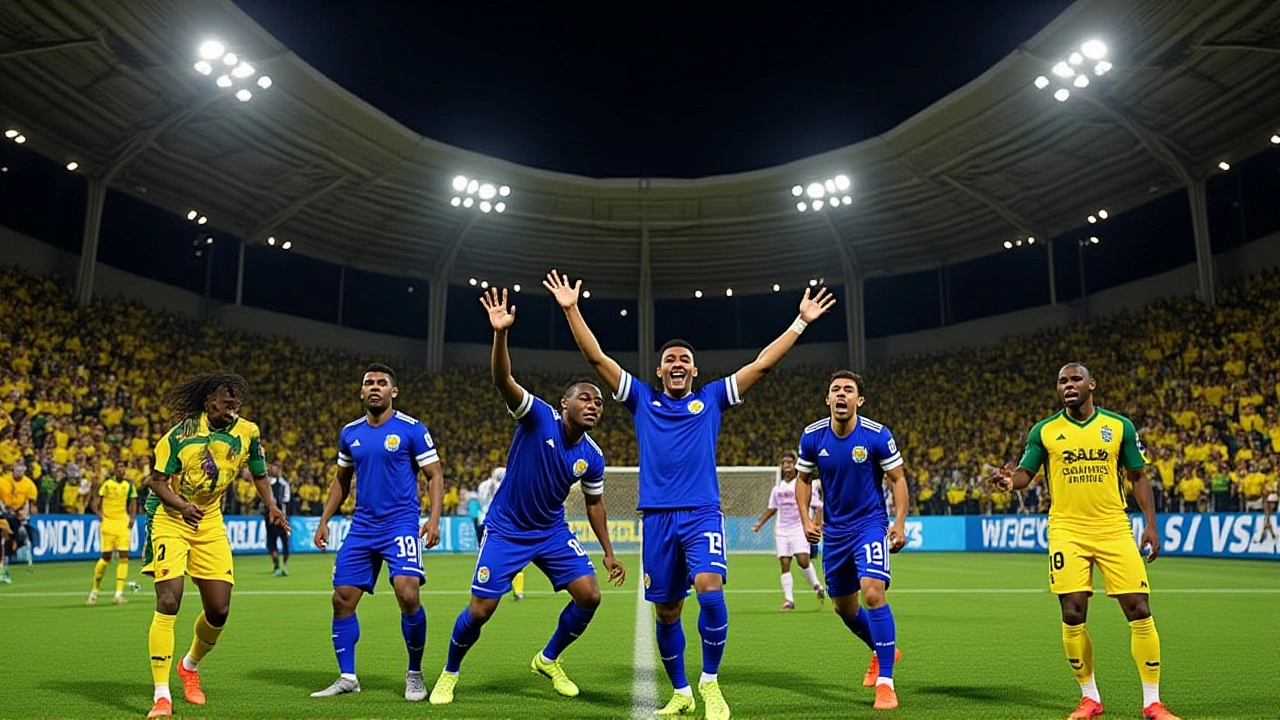
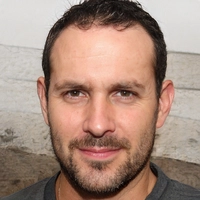
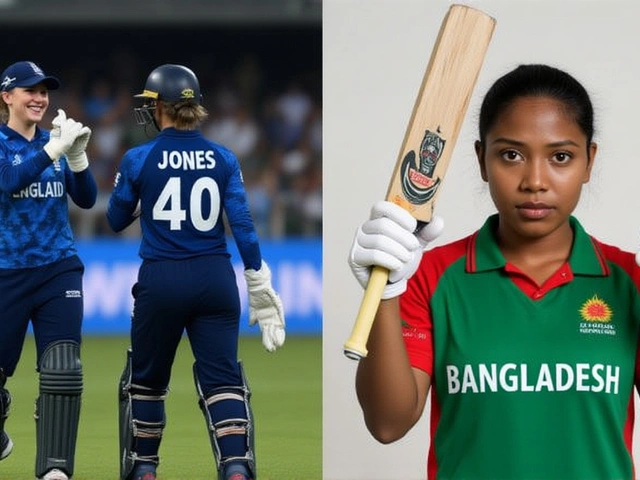
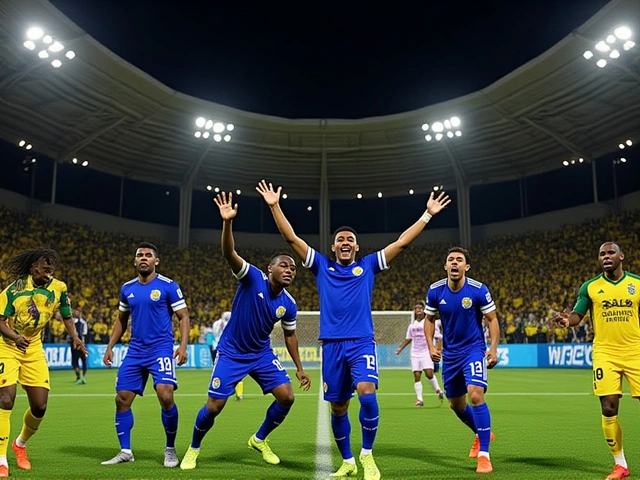
Write a comment